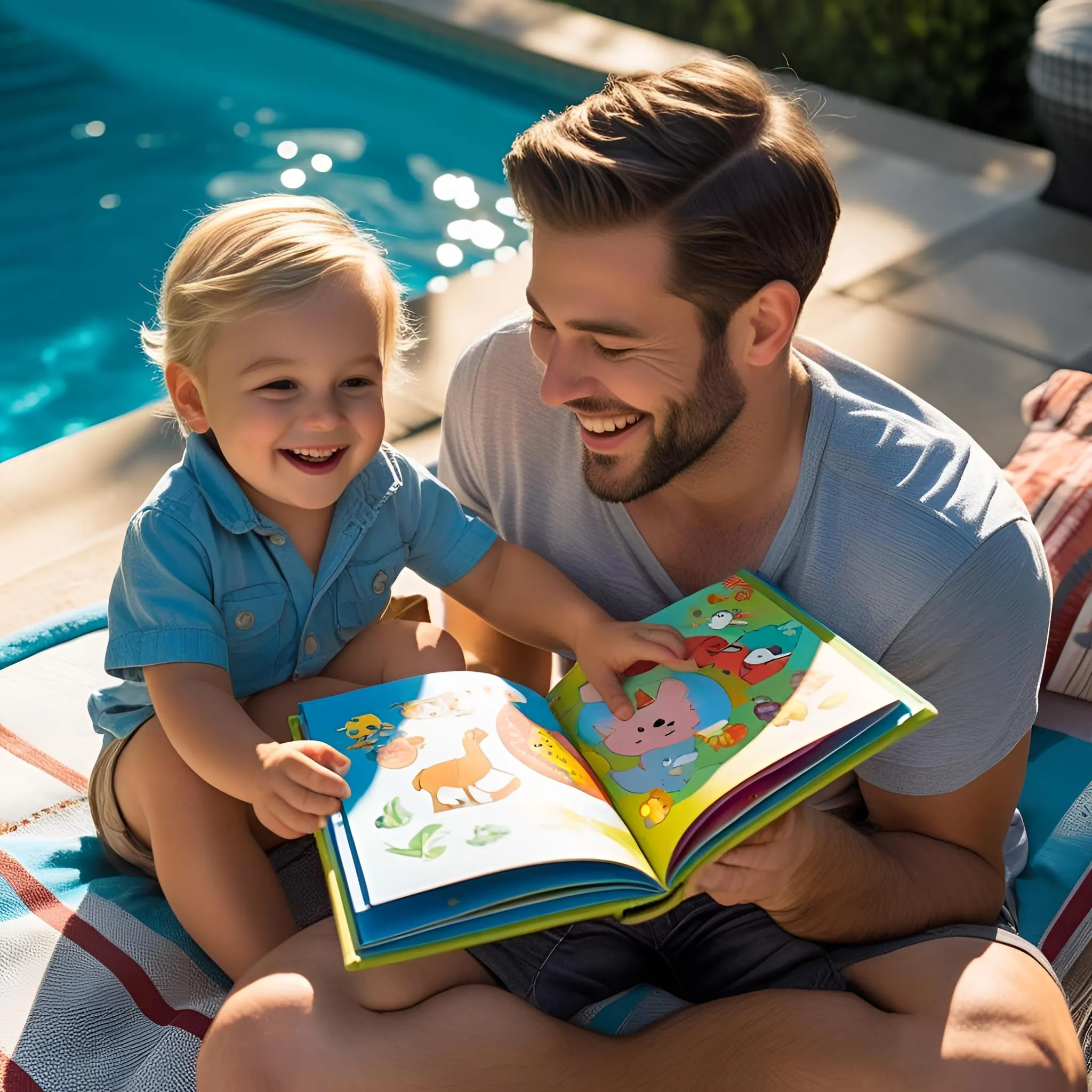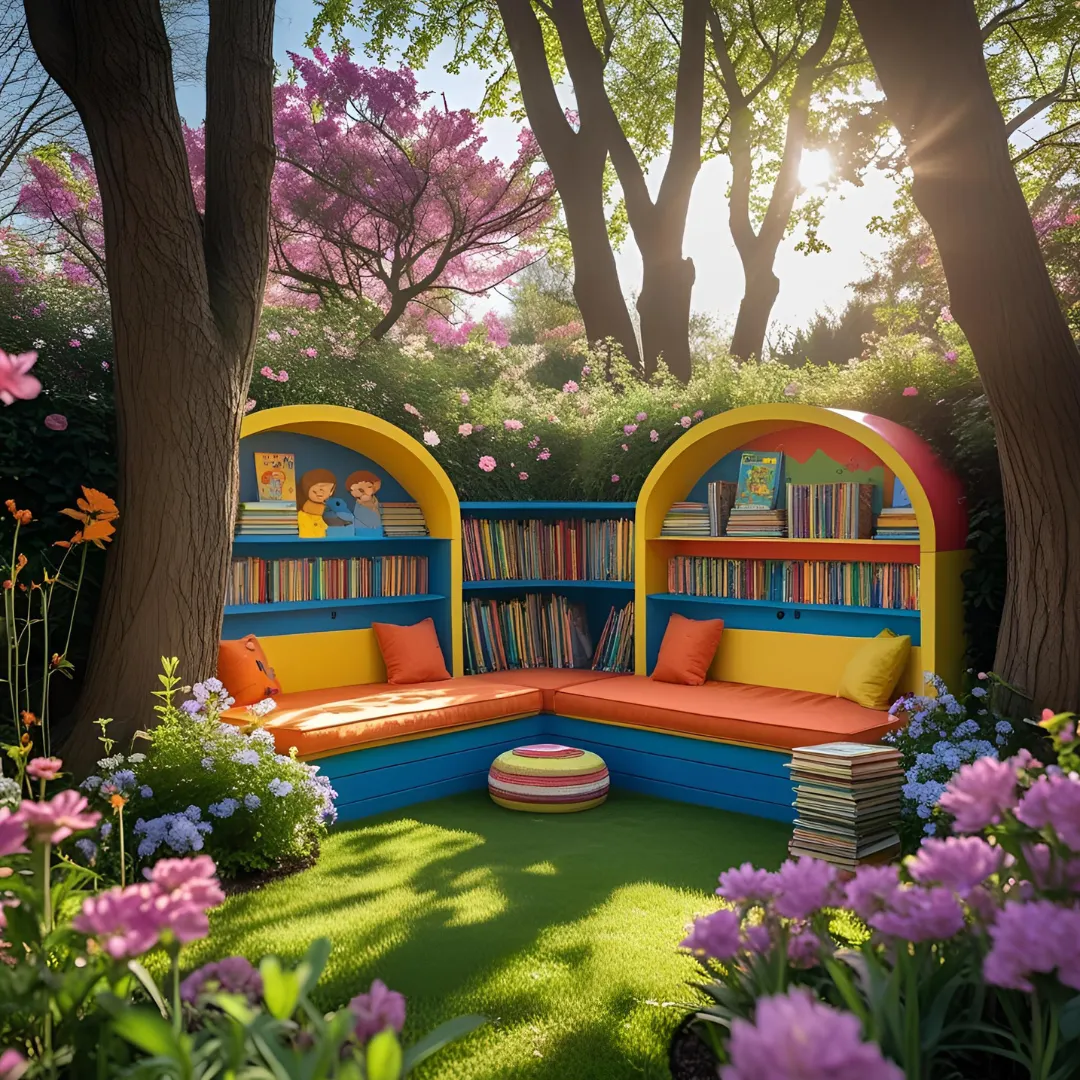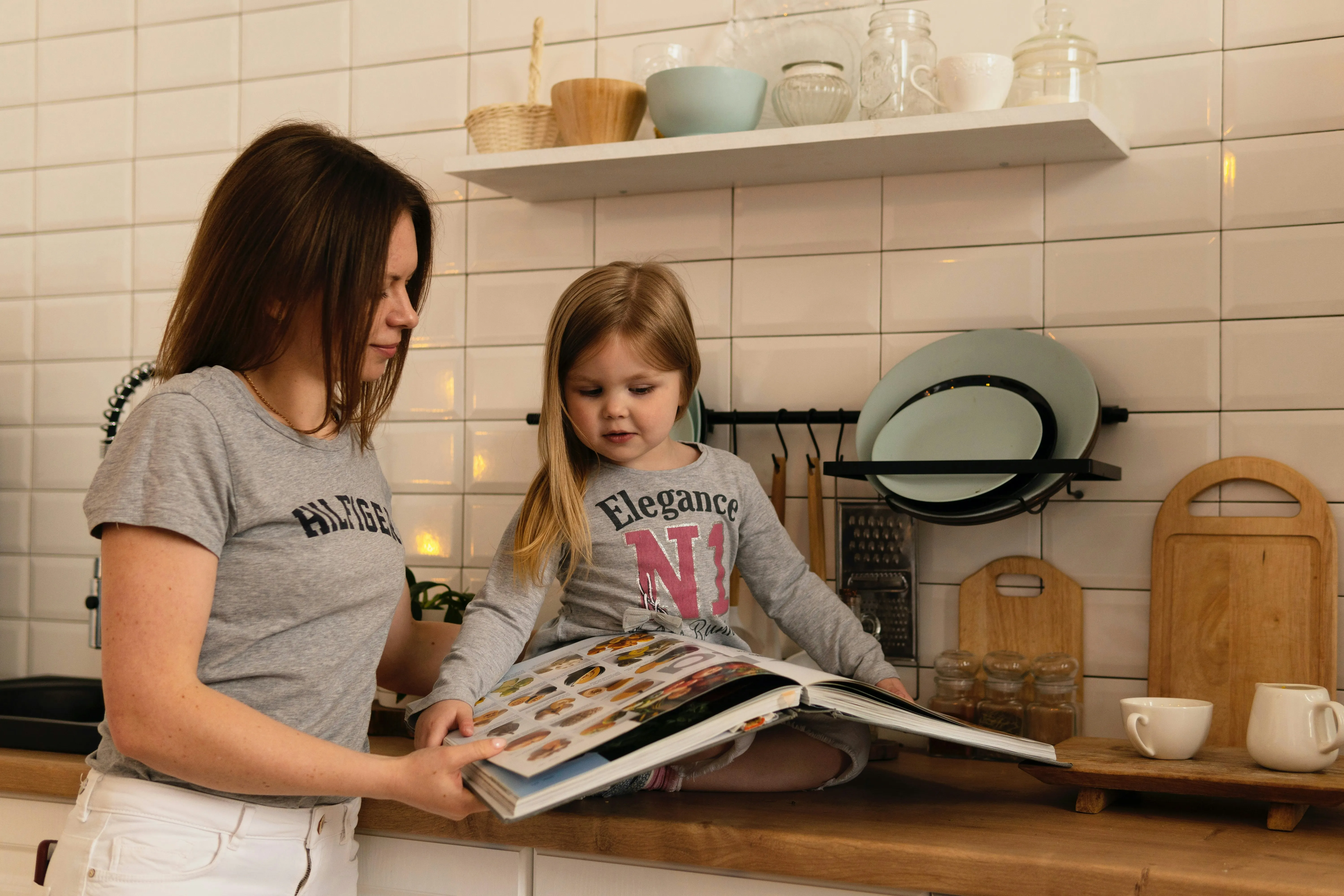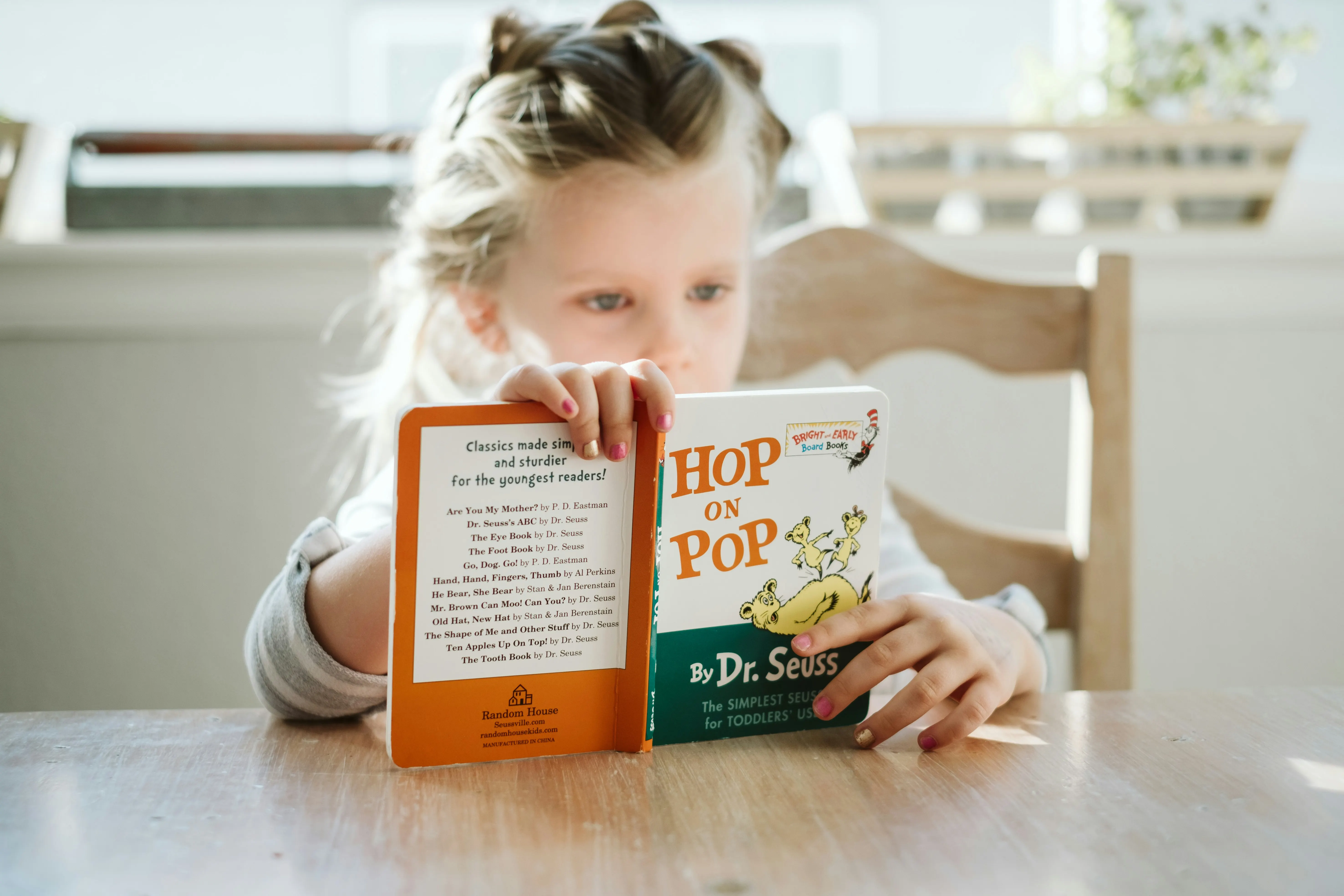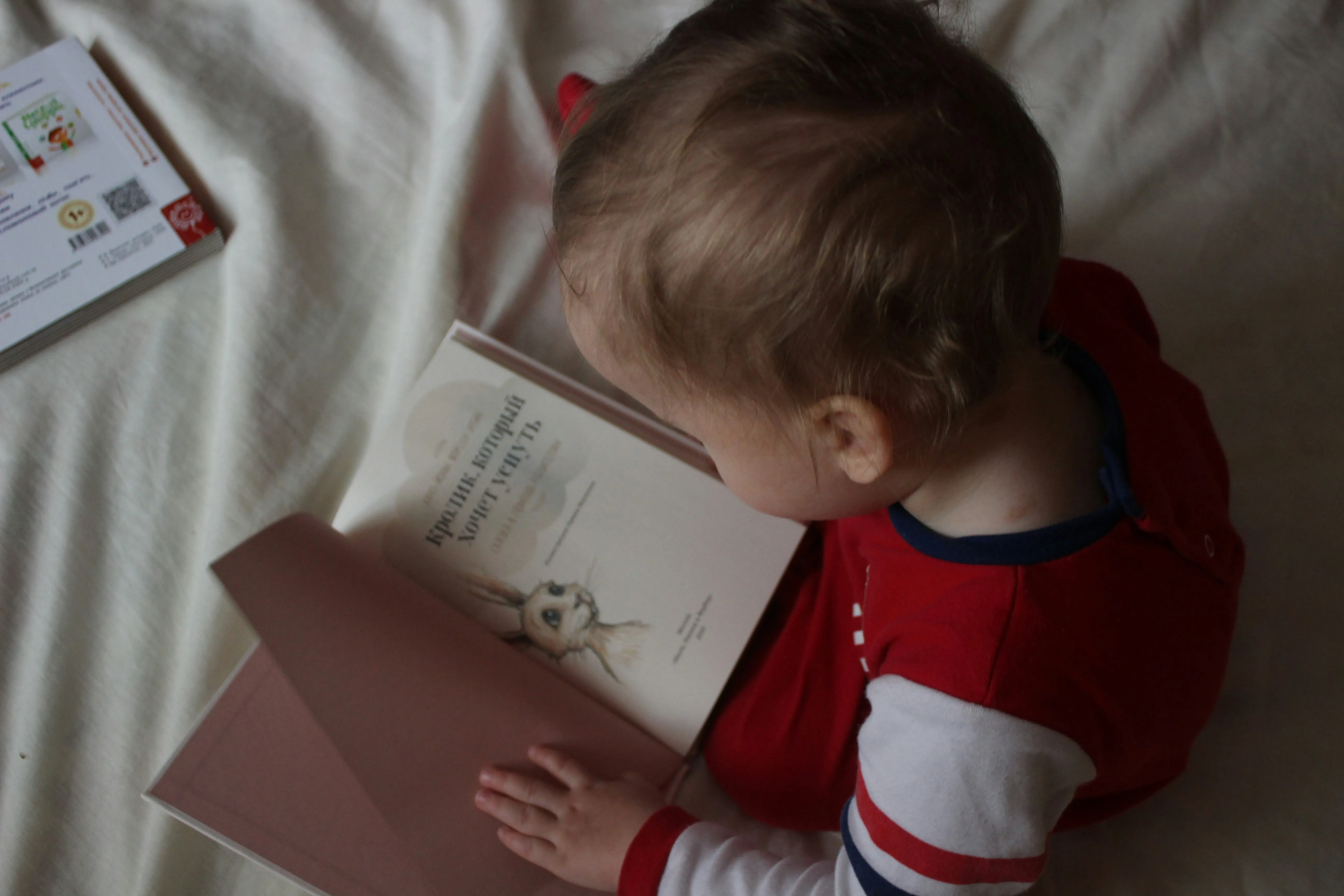Vocabulary Power: Opening the Door to Reading Success
Have you ever watched a child's face light up when they suddenly understand a new word?
That magical moment of recognition is vocabulary power in action! Let's explore how building a strong vocabulary can transform your child's reading journey from challenging to delightful.
Why Vocabulary is Your Child's Reading Superpower
Think of vocabulary as your child's personal collection of reading tools. Just like a master craftsperson needs the right tools for each job, young readers need a rich vocabulary to unlock the meaning of everything they read. When children encounter words they already know in text, reading becomes less like solving a puzzle and more like greeting old friends!

Building Your Child's Word Bank
- Make conversations count: Use varied, interesting words in everyday talk. If you're discussing the weather, try "magnificent" instead of "nice" or "sweltering" instead of "hot".
- Connect with other skills: While building letter knowledge (as discussed in our previous article), introduce new words that start with each letter you're exploring.
- Create word collections: Start a family "word jar" where you add new, exciting words you discover together in books or conversations.
- Play with synonyms: Turn ordinary descriptions into word-learning opportunities. A dog isn't just "big" - it might be enormous, gigantic, or colossal!
Making Vocabulary Learning Natural and Fun
Remember that vocabulary building works best when it's woven naturally into your daily routines. Just as print awareness helps children spot words everywhere (as we explored earlier), strong vocabulary skills help them understand and use those words confidently.
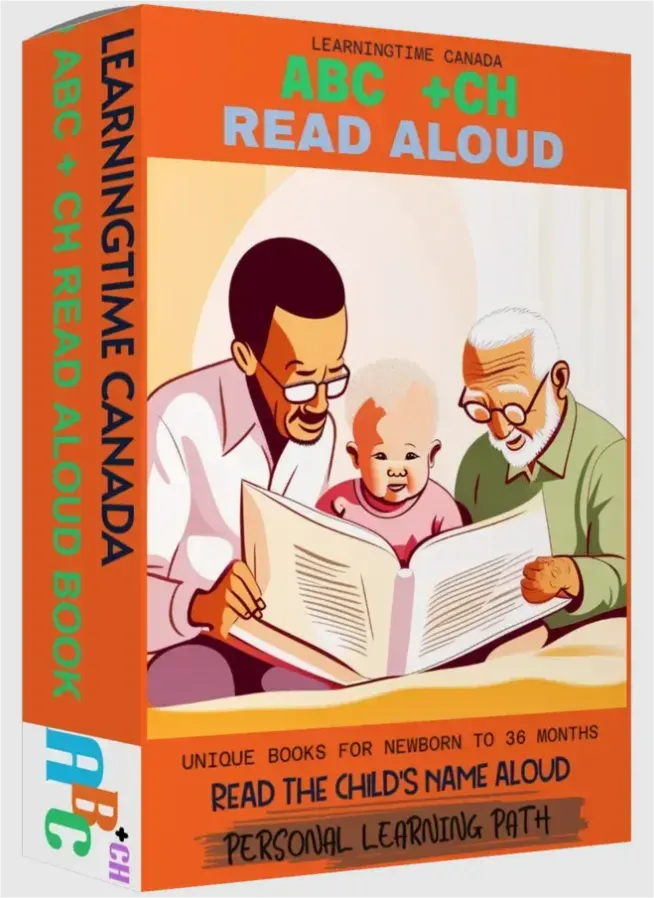
Pro Tips for Vocabulary Success
- Context is key: Introduce new words in meaningful situations rather than isolated lists
- Repeat and reinforce: Use new words multiple times in different contexts
- Celebrate word discovery: Show excitement when your child uses new vocabulary correctly
- Make connections: Link new words to ones your child already knows
Remember: Every new word your child learns is another key to unlock the wonderful world of reading. By building vocabulary alongside other early literacy skills like phonological awareness and narrative skills, you're setting your child up for reading success!
Coming up next: We'll explore how phonological awareness helps children hear and play with the sounds that make up words, building another crucial bridge to reading mastery.
FAQ
Why is vocabulary important for my child's reading journey?
Vocabulary helps children recognize and understand words, making reading easier and more enjoyable. The more words they know, the less reading feels like solving a puzzle and more like discovering familiar friends.
How can I help my child learn new words naturally?
Engage in meaningful conversations, use a variety of words in daily life, and play word games. Making vocabulary learning part of everyday routines keeps it fun and effective.
What are some simple activities to build my child's vocabulary?
Start a family "word jar," play with synonyms, introduce new words through letter learning, and describe things using exciting, varied words. These small habits make a big impact.
How often should I introduce new words to my child?
There's no set number, but frequent exposure in different contexts is key. Repeating and reinforcing words through books, conversations, and play helps children remember and use them confidently.
Can a strong vocabulary really improve my child's reading skills?
Absolutely! A rich vocabulary gives children the tools to understand what they read, leading to better comprehension, confidence, and a love for books.
Citations
https://www.readingrockets.org/reading-101/reading-and-writing-basics/vocabulary
https://www.doe.mass.edu/massliteracy/skilled-reading/language-comprehend/vocab-morphology.html
https://www.splashlearn.com/blog/vocabulary-activities-for-kids/
https://www.edutopia.org/article/vocabulary-activities-young-students/
https://www.weareteachers.com/vocabulary-activities/






